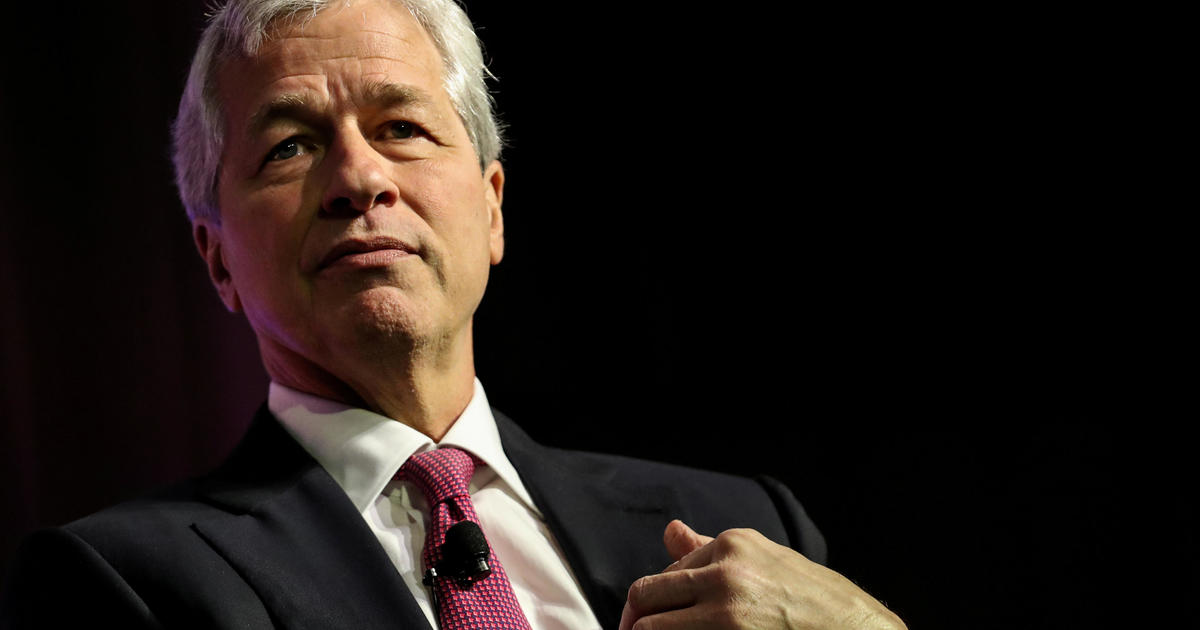
JPMorgan Chase CEO Jamie Dimon said on Tuesday that he is more concerned about today’s geopolitics than a looming recession, following remarks warning that an economic downturn is likely in the next year.
“There’s a lot of stuff on the horizon which is bad and could … put the United States in a recession,” Dimon said on a panel at the Future Investment Initiative in Riyadh, Saudi Arabia. “That’s not the most important thing for what we think about. We’ll manage right through that. I would worry much more about the geopolitics of the world today.”
In particular, Dimon said he is concerned about the relationships between Russia and Ukraine and the U.S. and China.
“That would have me far more concerned than whether there’s a mild or slightly severe recession,” he added.
Russia’s invasion of Ukraine at the beginning of this year kicked off a slew of international turmoil. The war in eastern Europe prompted the involvement of the United States and its allies by sending military and monetary resources to the former Soviet state as it battles Russian forces on the ground.
Western nations have also sought to isolate Russia economically, sanctioning government officials, seizing the personal property of those with ties to the Kremlin, and even cutting off fossil fuel imports — a move that has sent energy markets surging.
Dimon said earlier this month that he believes the U.S. will face a recession within the next six to nine months, pointing to concerns about rising interest rates and Russia’s war in Ukraine.
September’s inflation report came in higher than many experts anticipated, potentially teeing up another round of interest rate hikes from the U.S. Federal Reserve.
JPMorgan Chase CEO Jamie Dimon said on Tuesday that he is more concerned about today’s geopolitics than a looming recession, following remarks warning that an economic downturn is likely in the next year.
“There’s a lot of stuff on the horizon which is bad and could … put the United States in a recession,” Dimon said on a panel at the Future Investment Initiative in Riyadh, Saudi Arabia. “That’s not the most important thing for what we think about. We’ll manage right through that. I would worry much more about the geopolitics of the world today.”
In particular, Dimon said he is concerned about the relationships between Russia and Ukraine and the U.S. and China.
“That would have me far more concerned than whether there’s a mild or slightly severe recession,” he added.
Russia’s invasion of Ukraine at the beginning of this year kicked off a slew of international turmoil. The war in eastern Europe prompted the involvement of the United States and its allies by sending military and monetary resources to the former Soviet state as it battles Russian forces on the ground.
Western nations have also sought to isolate Russia economically, sanctioning government officials, seizing the personal property of those with ties to the Kremlin, and even cutting off fossil fuel imports — a move that has sent energy markets surging.
Dimon said earlier this month that he believes the U.S. will face a recession within the next six to nine months, pointing to concerns about rising interest rates and Russia’s war in Ukraine.
September’s inflation report came in higher than many experts anticipated, potentially teeing up another round of interest rate hikes from the U.S. Federal Reserve.


